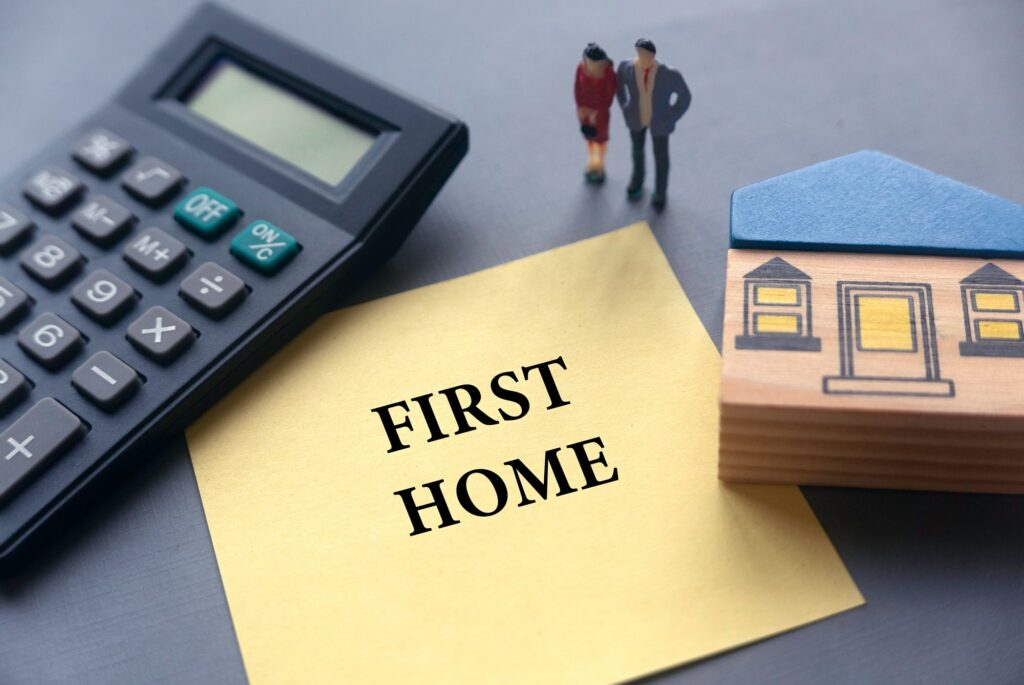Your mortgage interest rate is one of the most financially significant terms on the loan.
What determines your mortgage interest rate? And how much control do you have over it?
Why It Matters
Before we talk about what determines your mortgage interest rate, it is important to understand why it matters.
One of the most financially significant terms on your loan is the interest rate. Even a change of a half a percent can mean a significant difference in both monthly payment and interest paid over the life of the loan.
For example, when purchasing a $300,000 home with 20% down, your monthly mortgage payment with a 3% interest rate would be $1,011 per month, before taxes and insurance. If that interest rate were to rise to 4%, the monthly payment would be $1,145. $134 more each month means $1,608 more in interest each year, or over $48,000 over the life of the loan.
In other words, getting the best interest rate you can is worth the time and effort it takes.
Factors that Determine Your Interest Rate
Federal Reserve
This is one of the factors that determines your interest rate that is out of your control. Depending on the strength of the economy, the Federal Reserve sets the interest rate, and you may have heard that rates are currently close to 0%. This is not the interest rate that you will get, but it’s the rate at which banks can borrow money.
When banks can borrow money for less, that savings can be passed on to the individual borrower.
Health of the Economy
The overall health of the economy, including spending rates, unemployment, and the bond market, affect interest rates.
All of these factors are also some of those that are out of your control.
Credit Score
Having a good credit score is one of the big factors that determines your mortgage interest rate, and it’s something you can control! By boosting your credit score by just 50 points can make a big difference on the interest rate you are offered.
Down Payment and Loan-to Value
The amount of down payment you plan to make will be one of the factors that determines your mortgage interest rate.
If you put less than 20% down on a home, your mortgage interest rate will likely increase, and you will also be required to pay PMI. In many cases, this is still worthwhile, and you will have the option to refinance and put some of your home equity back into the home to get out of PMI in the future.
Loan-to-value (LTV) is the ratio of the amount you are borrowing to purchase the home to the value of the property. The higher your LTV, the higher the risk your lender is taking, which will usually translate into higher mortgage rates.
Occupancy
Lenders take occupancy into consideration when they determine your mortgage interest rate.
Interest rates will generally be lowest for a primary residence because lenders know that in the unexpected case of being unable to pay all your debts, you are more likely to pay one your home than on an income property.
For this reason, income properties, second homes, and vacation homes are often mortgaged with higher interest rates.
The Bottom Line
The bottom line is this: your mortgage interest rate will be determined by a list of factors, some that are totally out of your control and others that can be tailored by you to make you the best candidate possible.
Focus on being financially prepared by maintaining or improving your credit score and saving for a down payment, and you’ll be ready for pre-approval.
For more information about buying a home, or to get pre-approved for a mortgage in Roseville CA and surrounding areas, contact us today!
More Tips for Home Buyers
DSCR Loans for Real Estate Investors
What is Asset Qualifier Mortgages?
How Much Can I Save By Having Good Credit?
 As a first time homebuyer, you are about to embark on a journey filled with new terminology, major decisions, and big milestones. It’s normal to feel overwhelmed, but there’s no need to stress out.
As a first time homebuyer, you are about to embark on a journey filled with new terminology, major decisions, and big milestones. It’s normal to feel overwhelmed, but there’s no need to stress out.

